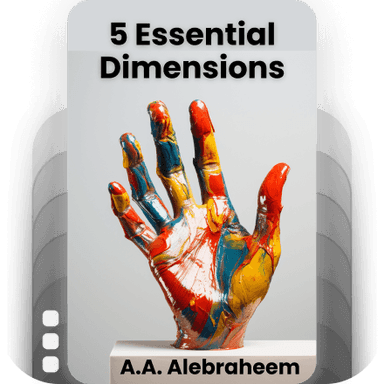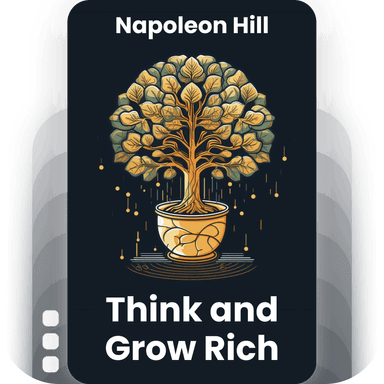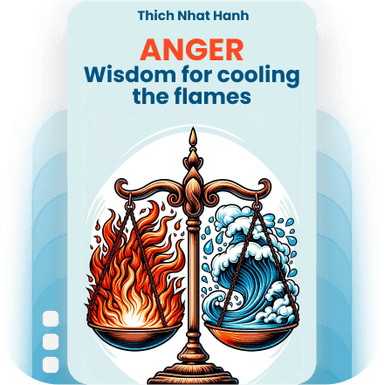
Tao Te Ching
Lao Tzu
4.4 - 5 ratings
10
List Points
10
Chapters
5
Topics
Description
The Tao Te Ching, attributed to the ancient Chinese philosopher Lao Tzu, serves as a foundational text for Taoism, offering profound insights into the nature of existence, the principles of living harmoniously, and the underlying order of the cosmos. Through its 81 concise yet profound chapters, it advocates for a life of simplicity, humility, and alignment with the Tao—the fundamental essence and source of everything. It emphasizes the virtue of Wu Wei, or non-action, suggesting that effortlessness and natural spontaneity lead to harmony and balance. The text also delves into paradoxes and metaphors to illustrate how opposites are interconnected, encouraging readers to embrace the flow of life and the subtle, often invisible, forces that shape reality.
What will you learn?
By reading this profound ancient text, you will gain deep insights into the principles of Taoism, mastering the art of living in harmony with the natural order and the universe. The text guides you through the concepts of simplicity, humility, and non-contention, emphasizing the importance of yielding and flexibility over rigid assertiveness. It delves into the significance of understanding the interconnectedness of all things, cultivating a path to inner peace, balance, and enlightenment. Through poetic verses and philosophical wisdom, you will learn how to embrace the flow of life, let go of ego-driven desires, and achieve true contentment.
Who’s it for?
• Spiritual seekers
• Philosophy enthusiasts
• Practitioners of mindfulness and meditation
• Students of Eastern wisdom
• Leaders seeking wisdom on humility and balance
Categories
Key Learning
Available chapters to listen for this topic- 1
Understanding the Tao
Embrace the Unnamable Source of the Universe to achieve a deeper connection to the fundamental nature and flow of existence, transcending conventional labels and dualistic thinking. - 2
The Practice of Wu Wei
Cultivate effortless action and non-doing to harmonize with the natural order, allowing events to unfold without force or intervention, achieving results through minimal effort. - 3
Appreciating Simplicity
Value humility, simplicity, and modesty to avoid overcomplication and return to a more natural and harmonious state of being by embracing the essence of life without excess. - 4
Embracing the Paradoxes
Recognize the interplay of opposites and the importance of balance to understand that seemingly contradictory forces complement each other, enhancing unity and dynamic equilibrium. - 5
Cultivating Humility
Practice selflessness and reduce ego to align with the Tao, fostering a state of peace and tranquility by letting go of pride and the need to compare oneself to others. - 6
The Nature of Power
View true power as stemming from inner strength and virtue, understanding that genuine influence comes from integrity, compassion, and alignment with the Tao rather than coercion. - 7
The Role of Leadership
Lead by example with gentleness and wisdom to inspire and guide without force, encouraging others to follow by embodying the principles of the Tao in one's actions. - 8
Living in Harmony with Nature
Align oneself with the rhythms of the natural world to achieve a balanced and fulfilling life by recognizing the interconnectedness and interdependence of all things. - 9
Embracing Contentment
Find fulfillment in what you have and who you are, rather than constantly seeking more, to foster a sense of peace, reduce desires, and appreciate the present moment. - 10
The Importance of Flexibility
Adapt to life's changes with resilience and openness to maintain harmony and flow with the Tao, avoiding rigidity and embracing the fluid nature of existence.
























